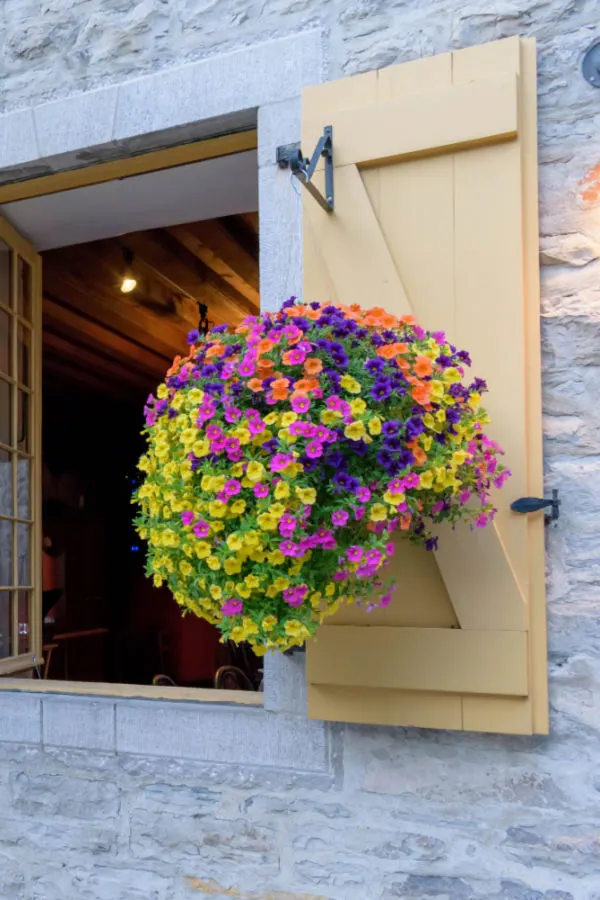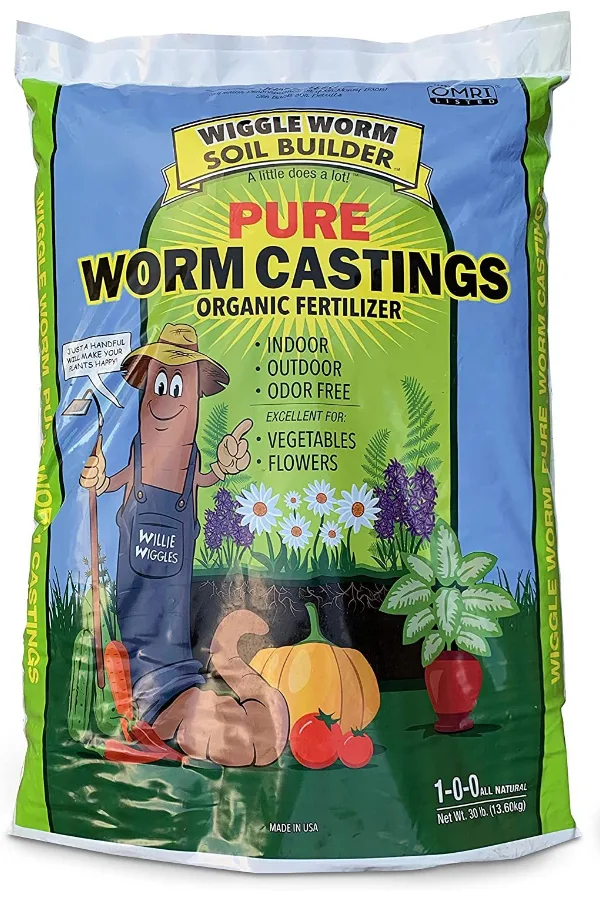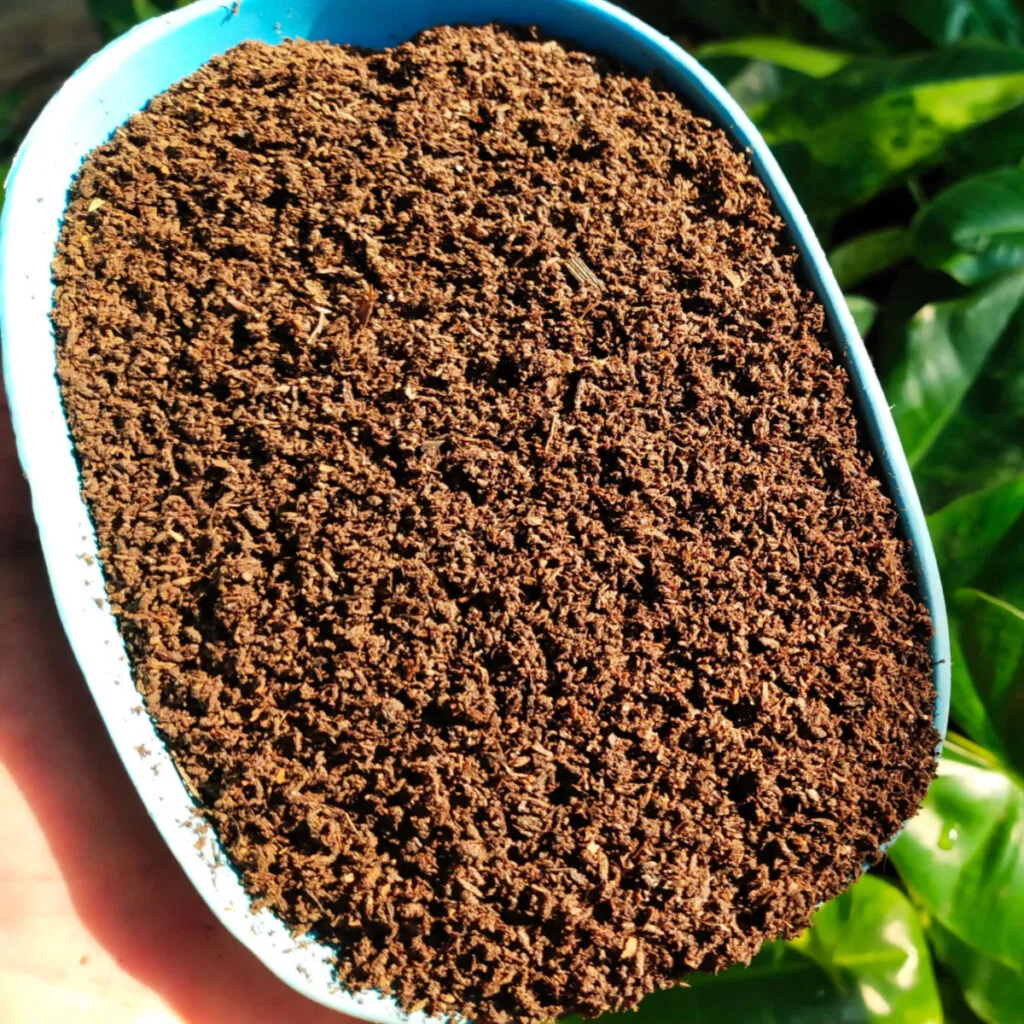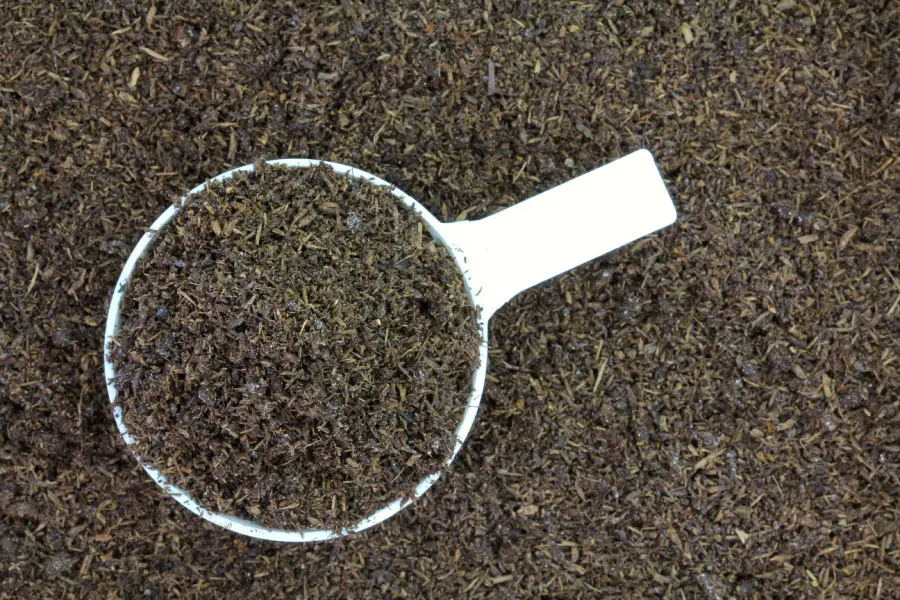One of the easiest and best ways to fertilize your vegetable plants, hanging baskets, annual flowers, perennials and more is to make one of the most simple and yet powerful fertilizers around – worm casting tea!
Not only is making and using worm casting tea easy and extremely affordable, it also happens to be 100 percent all-natural. Of course, that means it is more than safe to use on anything – including best of all, the vegetables you love to grow and eat.
For many years now we have written about the incredible benefits of worm castings. They truly are one of natures most amazing natural fertilizers. It’s hard to imagine that something so tiny can hold so much power. But one thing is for sure, castings work like magic to power soil and plants.
So what are worm castings? In a nutshell, castings are a fancy name for the excrement of earthworms. As worms chew through the soil and consume little bits of foliage and food, they process the materials they consume and break them down into a tiny solid castings.
Pure But Gentle Power…
What makes castings so special is their make-up. Unlike the overly powerful manure of animals like chickens, rabbits, cows or horses, worm castings are not overflowing with excessive amounts of nitrogen. These manures are considered “hot”, while castings are not.
If placed fresh around plants, manure from most animals will burn plants. That is exactly why you have to compost them or allow the manure to dry and age before using. But worm castings are safe to use right away. And as you will see below, you can quite easily turn those castings into an amazing liquid tea that can power your plants in incredible ways!
How Worm Castings Work With Soil & Plants – How To Make Worm Casting Tea
What makes worm castings so special is how the nutrients within them release their energy. Both into the soil and into plants.
For starters, the nutrients inside of worm castings are much like compost. They contain a near-perfect blend of power that is so pure, their energy easily absorbs into soil and plants. But here is what really makes them amazing, that energy is at a near-perfect level of potency.

Worm castings will not give plants a massive influx of nutrients all at once. Instead, castings power in a way that can best be described as low, slow and even. That, of course, is the ideal way to power plants, especially when it comes to annual flowers, vegetables and herbs.
A slow stream of nutrients allows roots to grow at a steady pace. It also keeps plants and their blooms strong and steady as well. When receiving too much power all at once, plants will simply grow massive amounts of foliage – all at the expense of blooms, flowers and fruit.
This is what makes worm castings the ideal choice. The energy it gives to plants is never too much. But at the same time, it is easy to absorb so it powers them fast. Especially when castings are turned into a tea that can be applied directly to the foliage and the soil around a plant. It truly becomes the perfect fertilizer for big success!
Making Worm Casting Tea From Worm Castings
We use worm castings in the planting hole of each and every transplant we grow. We also use them as a top dressing on hanging baskets, containers and garden plants. But what really helps all of our plants grow and produce to their full potential is the worm casting tea we use on our plants regularly!
Listen To Our Podcast On Using Worm Castings Below!
Worm casting tea is easy to make. In fact, the recipe couldn’t be more simple and basic. We make ours in one gallon plastic jugs. We start by placing 1 cup of worm castings into each jug. Next we fill the jugs with water from our rain water tank. You can also use tap water or distilled water.
One thing we do not do is use treated (city) water or water that has been treated from a water softener. Both can contain chemicals and or salts that can actually be harmful when watering plants. If you have this as your only choice. Allow that water to sit for a few days for the chlorine and other chemicals to dissipate.
Once we fill the jugs with water, the only thing left to do is give them a shake or stir a few times every day and wait. We like to let our worm casting tea steep for three to five days to allow the nutrients in the castings to really soak into the water.
A little shake of the jug each day helps to agitate the castings, helping them release even more power into the water. Once they have soaked in for a few days, your worm casting tea is ready to use!
Making Worm Casting Tea To Power Plants
After soaking, all that is left to do is strain the castings. We use an old colander placed over a bucket and it makes quick work of the process. The strained liquid is your fertilizing tea – but whatever you do, don’t throw out those leftover castings!
We take the left-over castings and place them in our compost pile. There they can decompose and give back the rest of their nutrients, making your finished compost even better. If you don’t have a compost pile, spread them around your potted plants or vegetable plants in the garden.
How To Fertilize Your Plants With Compost Tea
Now it is time to use your worm casting tea! Remember that worm casting tea absorbs into plants in two unique ways. First, it absorbs into the roots as the liquid filters into the soil. But those same nutrients also absorb into the foliage of plants when the liquid hits them, and this double dose of power is what makes this tea so incredible.
Worm casting tea can be used on a huge array of plants and in all kinds of situations. When purchasing worm castings, always make sure you are buying 100% castings and not a product with fillers. Product Affiliate Link: Wiggle Worm Pure Worm Castings
Here is how and where we use worm casting tea to power our plants:
On Seedlings
When growing vegetable and flower seedlings for transplanting outdoors, we water our seedlings with worm castings every few weeks. It creates strong, healthy transplants that are ready to grow right from the start.
Containers, Pots & Hanging Baskets
Worm casting tea is absolutely sensational for powering hanging baskets & container plants. The slow and steady nutrients that worm casting tea provides allow plants to bloom strong all season, but without growing so fast that they outgrow their space.

We fertilize every seven to ten days with worm casting tea, watering the foliage and soil. When watering container plants and hanging baskets, we water deep enough to water the plant like a usual watering.
Vegetable Plants
For maturing vegetable plants in the garden, we use a quarter gallon of worm casting tea on each plant every two weeks. When watering we pour the tea over the foliage and right around the base of the plant to let it absorb both ways.
Annual Flowers
For big blooming annuals in flowerbeds, we water every two weeks with compost tea. When watering, we try to be sure to water the foliage and allow it to drain through to the soil.
Indoor Plants, Herbs & More
The great news is that worm casting tea is excellent for most house plants, for herbs, and even for helping perennial plants in your landscape. Again, the low and slow nutrients give a dose of power without the worry of injuring plants.
Here is to making your amazing worm casting tea and powering your plants to new heights this year. Happy Gardening! Jim and Mary.
Jim and Mary Competti have been writing gardening, DIY and recipe articles and books for over 15 years from their 46 acre Ohio farm. The two are frequent speakers on all things gardening and love to travel in their spare time.
As always, feel free to email us at thefarm@owgarden.com with comments, questions, or to simply say hello! You can sign up for our free email list in the subscribe now box in the middle of this article. Follow us on Facebook here : OWG Facebook. This article may contain affiliate links.


